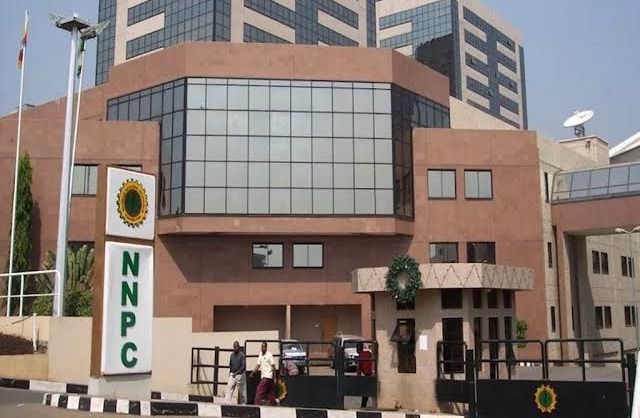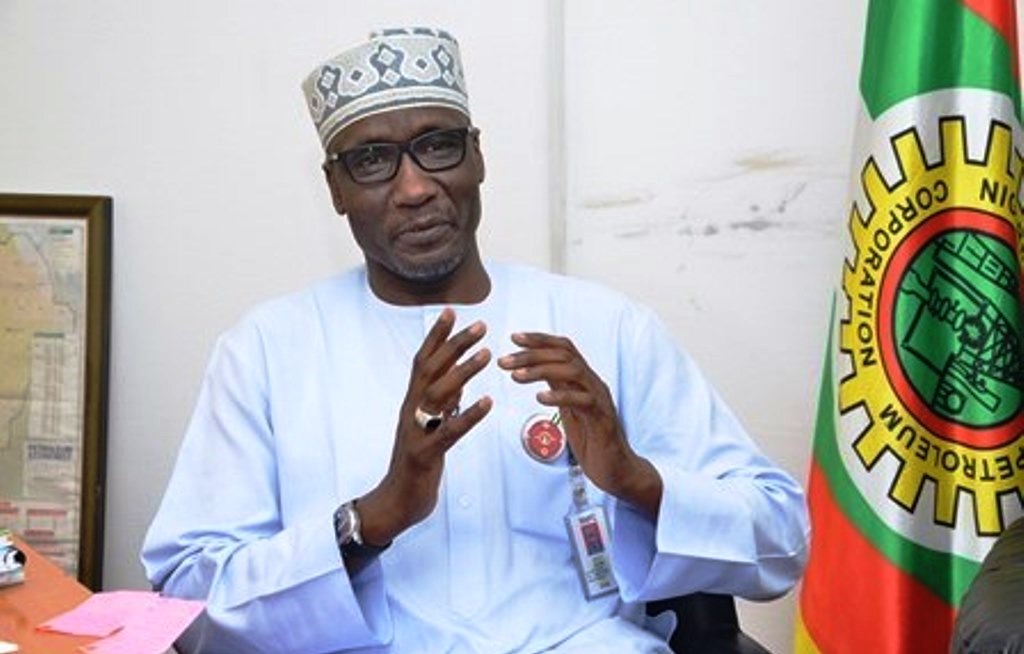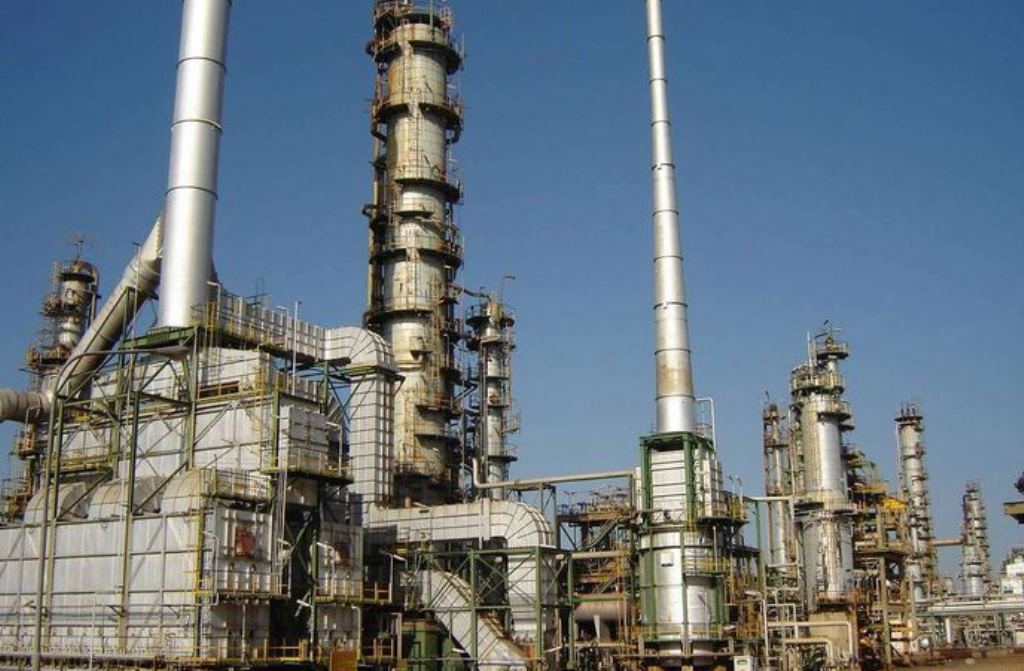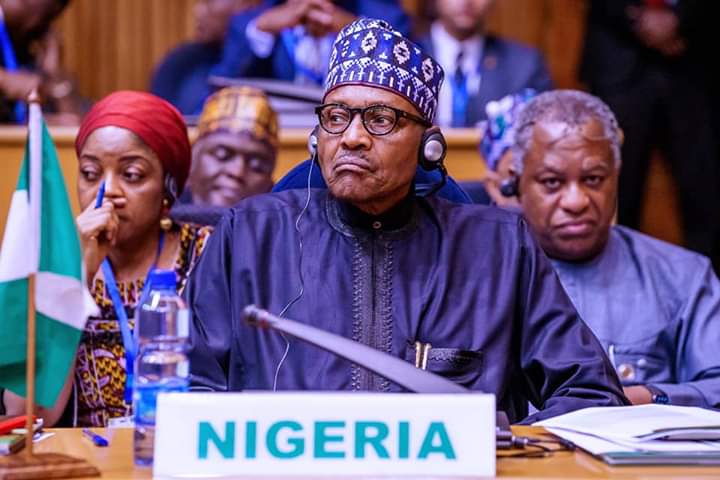…seeks transition that addresses poverty
The Nigerian National Petroleum Corporation (NNPC) Limited has said it is positioned to lead Africa in energy transition.
Chief Executive Officer and Group Managing Director of NNPC, Malam Mele Kolo Kyari made the disclosure on Monday.
Kyari made the disclosure at the 30th Convocation Ceremony of the Federal University of Technology, Minna, Nigeria State.
According to him, the Corporation has set the necessary machinaries in motion to lead Africa in transition to low-carbon energy and renewables.
He noted that the corporation is deepening natural gas utilization under the National Gas Expansion Programme (NGEP).
Kyari said NNPC is currently extending natural gas infrastructure backbone from Ajoakuta in Kogi state to Kano through Abuja and Kaduna under the AKK Gas Pipeline Project.
Besides, he said this mega pipeline will be fed by both Escravos-Lagos Pipeline System (ELPS) and and Obiafu-Obrikom-Oben (OB3) gas pipelines through Oben node in Edo State and deliver 2bscf of natural gas to power plants and industrial off-takers along Abuja, Kaduna and Kano.
Continuing, he said as a National Oil Company and a global player, NNPC is ready to shift to renewable energy.
The GMD dropped the hint that “We are taking firm position in this transition by institutionizing the necessary enablers for success.
“NNPC has established a Renewable Energy Division and has completely transformed the NNPC R&D Division to NNPC Research, Technology and Innovation as Energy Company of Global Excellence.”
He said NNPC welcomes beneficial relationship with academia and industry experts who demonstrate capacity for productive research and innovation in the energy sector.
According to him, oil will remain very much relevant in the global energy mix of today and the future .
Kyari however noted that as transition to cheaper energy gains momentum, especially across the developed countries, oil companies must continuously improve operational efficiency and reduce their costs to remain on the playground.
Earlier in the presentation, he said Africa is especially endowed with abundant sunshine that can support massive development of renewable energy enough to put Africa on the map of energy sufficient regions of the world.
Kyari said attaining this vision will require substantial finance which may have to come from diverse sources globally.
He added that it will also require speedy execution of power infrastructrure and related projects faster than the peak oil window.
Considering the financial stretch required to transit at the same pace with the rest of the world, Kyari said “what Africa needs is energy transition that addresses energy poverty across the continent and supports the use of comparative and cheaper available energy resources in Africa.”
He said this will guarantee affordable and reliable energy for rapid industrialization and improvement in the economic well-being of the people.
The GMD said in view of the situation, oil is needed to continue to guarantee energy flow to industrialized regions and revenue and taxes to oil producing countries like Nigeria as renewable energy technology evolves.




